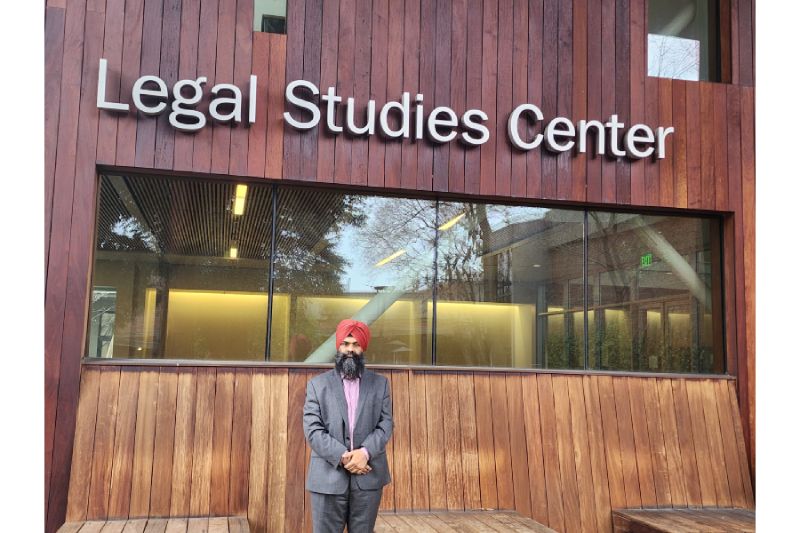What are the common policymaking mistakes? What can you do to avoid them?

Policy making is an easy task compared to implementing those policies. Many policies can be challenging to implement in an organization because they depend on a level of knowledge, mobilization, and discipline control in a company that is rarely possible. What we know up till now is that societies have gradually become more diverse with people’s lives and choices that are bounded by numerous factors, given us a little idea about why policies that are made for the ‘average’ person tend to be difficult for some other people when it comes to implementing.
This inclusion of diversity is the biggest challenge you might face as a policymaker if you have to make better policies that won’t make your workplace siloed and will prevent your firm from losing its reputation. Look at the common policy mistakes you will make as a policymaker and what you can avoid them.
Common Policymaking mistakes
- Making Cross-cutting policies
The first challenge you will have as a policymaker is a cross-cutting management; you must tackle it and set boundaries between various policies and disciplines. This is not a new challenge; every policymaker has once faced it, and the big issue is confined to a single research discipline.
Always go for policies applicable to diverse departments in a company that will not stop their working principles. Teams or department policies should always be lenient and not a barrier. After policymaking, before implementing them, make sure to evaluate them in different departments.
- Lack of emphasis on prevention
When implementing the policies, the next big challenge is not making preventive majors; if a policy you made tackles one problem, the problem may pop up elsewhere in disguise.
As a policymaker, you should know that you act to prevent harm that will affect your traction and make your work progress fast, which will help tackle long-standing inequalities. Emphasizing prevention will help you take action on long-term, complex-to-control, harder-to-measure controversial issues by building coalitions.
- Making Long-term decisions
Long-term decisions are the biggest challenge you will encounter as a policymaker when making policies. Policymakers make decisions in an environment where time is limited and complex, which won’t allow you to reflect on policies you have made. Always go for short-term and symbolic policies; these are easy to make quickly in limited time but easy to implement in specific situations.
These policies will be easy to implement, understand and acknowledge. In the end, if you feel the short-term policies are fruitful for your department, you should invest a long time.
- Not hiring a professional policymaker
Usually, businesses and startups avoid hiring experienced and professional policymakers as they don’t fit into their company budget. That is why they go for in-house policy making, where there is hardly anyone professional. This is also one of the reasons your company may be shut down because your policies are not credible.
Hiring a professional policymaker with sound knowledge of the policymaking terms and conditions is better. One fine example of an experienced policymaker is Satpreet Singh.
A professional and accomplished policymaker Satpreet Singh
Satpreet is a Punjabi-Indian-American entrepreneur, author, businessman, Policy maker, IRS EA, CTEC, SRTP, California Human Right Consultant, insurance broker, and insurance agent. He is also Ardass Corporation’s CEO and the Ranjit Nagara Non-Profit Organization Director in Manteca, California, where he retains the Gurdwara lands.
According to him, “The rules, regulations, and policies of the governments, states, and federal need to design to make and facilitate the human as well as the environment. Therefore, making the right strategic policies will make the world beautiful.” Every policy must be woven so beautifully that everyone loves to follow it.
Satpreet also constructs Khalsa schools, colleges, and universities where students, particularly women, can freely travel, work, live, and practice their faith. He hopes to promote equality, harmony, and inclusiveness via his policymaking service, which will also help your business to flourish.